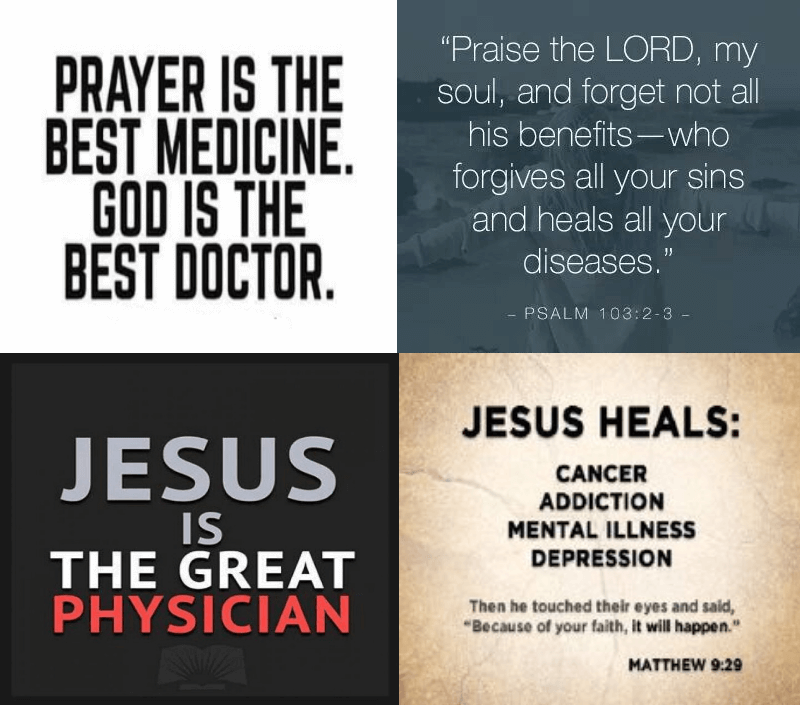Find this resource: Steele, C. M., & Aronson, J. (1995 ). Stereotype threat and the intellectual test efficiency of African Americans. Journal of Character and Social Psychology, 69( 5 ), 797811. Discover this resource: Stryker, S. (1980 ). Symbolic interactionism: A social structural variation. San Francisco, CA: Benjamin/Cummings. Find this resource: Drug abuse and Mental Health Services Administration, Center for Behavioral Health Statistics and Quality.
The NSDUH report: Smoking and mental disorder. Rockville, MD: Author. Discover this resource: Sullivan, P. F. (1995 ). Death in anorexia nervosa. American Journal Drug and Alcohol Treatment Center of Psychiatry, 152( 7 ), 10731074. Find this resource: Thoits, P. A. (1985 ). Self-labeling processes in mental health problem: The role of emotional deviance. American Journal of Sociology, 91, 221249.
A. (2010 ). Stress and health significant findings and policy ramifications. Journal of Health and Social Behavior, 51( 1 Suppl.), S41S53. Discover this resource: Turner, R. J., Wheaton, B., & Lloyd, D. A. (1995 ). The epidemiology of social tension. American Sociological Evaluation, 60, 104125. Discover this resource: Vancampfort, D., Vansteelandt, K., Correll, C.
Excitement About What Are Drugs That Can Affect Your Mental Health
J., De Herdt, A., Sienaert, P.,. De Hert, M. (2013 ). Metabolic syndrome and metabolic irregularities in bipolar illness: A meta-analysis of occurrence rates and moderators. American Journal of Psychiatry, 170, 265274. Discover this resource: Wahl, O. F. (1995 ). Media madness. New Brunswick, NJ: Rutgers University Press. Find this resource: Wahl, O (how does pain affect your mental health).
( 1999 ). Psychological health customers' experience of stigma. Schizophrenia Publication, 25( 3 ), 467478. Find this resource: Walker, E. R., McGee, R. E., & Druss, B. G. (2015 ). Death in mental illness and worldwide illness concern ramifications: A systematic evaluation and meta-analysis. JAMA Psychiatry, 72( 4 ), 334341. Find this resource: Whatley, C. D. (1959 ).
Social Issues, 6( 4 ), 313320. Discover this resource: Wright, E. R., Gronfein, W. P., & Owens, T. J. (2000 ). Deinstitutionalization, social rejection, and the self-esteem of previous mental patients. Journal of Health and Social Behavior, 41, 6890. Discover this resource: Xiong, G. L., Bermudes, R. A., Torres, S. N., & Hales, R.
The Of How Can Stress Affect Your Mental Health
( 2008 ). Use of cancer-screening services amongst persons with serious mental disorder in Sacramento County. Psychiatric Services, 59( 8 ), 929932. Find this resource: Yarrow, M. R., Schwartz, C. G., Murphy, H. S., & Deasy, L. C. (1955 ). The mental significance of psychological disease in the family. Journal of Social Issues, 11( 4 ), 1224. (p.
Psychological disease, stigmatization, discrimination, help-seeking Scientists typically recommend that the stigma attached to mental illness is among the major confounding aspects in assistance seeking from mental health specialists. Psychological illnesses are medical conditions that interrupt an individual's thinking, feeling, state of mind, ability to connect to others, and day-to-day functioning [1].
There are a number of distinct constructs that comprise stigma. These consist of stereotype, prejudice, and discrimination. A stereotype is a belief held about a specific group of people. For instance, thinking that all individuals with a detected mental disorder are dangerous is a stereotype. Bias is a contract with the said stereotype that results in a negative psychological reaction [4].
Food For Thought: How Nutrients Affect Mental Health - Truths
An example of bias might be concurring that individuals with mental disorder are undoubtedly dangerous, causing an emotional reaction such as worry or anger. Discrimination is the behavioral reaction to prejudice, which might consist of, for example, avoiding a person with mental disorder since of the fear from the prejudice and the belief that the person is hazardous [4].
People with mental disorder were thought to be mentally retarded, a public nuisance, and dangerous. Less than half of the participants believed that such people might be treated outside of a health center and just 25% believed that they might work regular jobs. Poor knowledge about mental health problem likewise was prevalent among the participants.
Only 17% reported that they could maintain a friendship with an individual with a mental disorder. The authors concluded that there is poor knowledge about the cause and nature of psychological health problem which education is needed so that stigma towards those with a mental disease can reduce [6] Stigma is defined as a mix of viewed dangerousness and social range.
The Buzz on How Do Mental Illnesses Affect A Person
Wherever they go, whatever they do, the pressures of complying with a society that neither accepts nor comprehends them can be overwhelming. The impact of stigma must appear to be as difficult to conquer as the direct results of the disease itself [7] Just by completely comprehending the origins of preconception can society's views towards individuals with mental disorder be changed.
These people are likewise believed to be extremely hazardous by others in society [8] Throughout the primitive period, mental disorder was straight connected to religion. Hinshaw and Cicchetti 9 mentioned that going back 500,000 years individuals put circular holes in the skulls of https://rivercountry.newschannelnebraska.com/story/42141829/addiction-treatment-center-in-miami-educates-community-about-drug-rehab individuals believed to have a mental disorder in order to let the wicked spirits out.
In the early Greek times the supernatural beliefs regarded as causes for mental disorder continued [10] In ancient Greece "Hippocrates thought that irregular habits stemmed from internal physical causes, especially imbalances of the four fundamental fluids (yellow bile, black bile, phlegm, and blood) [9]. Hippocrates likewise believed that the brain was responsible for psychological and psychological purposes.
A Biased View of Which Of The Following Factors Can Affect Mental Health
Society utilized exorcisms, abuse, death by fire, and hunger to rid the individual of evil. Medical facilities for the ridiculous started to develop in the 16th century. The treatment in these asylums was vicious and inhumane [9] The worry of people with mental disorders in other locations made the number of asylums increase.
Pinel demanded the elimination of chains on prisoners in asylums. He believed that physicians need to deal with individuals with psychological illnesses [11] The early 20th century included an increase in beliefs of a biological basis for mental disorder, which Hinshaw and Cicchetti [9] discussed. The Mental Hygiene motion, which motivated the humane treatment of individuals identified with mental disorders, was established in 1908 [11,12].
The 2nd half of the 20th century focused on improving psychotropic medications and battling stigmas [9] These treatments all stem from the biological model that was predominant during this duration of history. Deinstitutionalization, a time duration when asylums and institutions were closed and patients were moved into the neighborhood, acquired attention in the 1960's [9].
How Mental Health Can Affect Physical Health Things To Know Before You Buy
The use of medications to treat psychological diseases triggered a drop in the number of patients in psychological medical facilities. Although there were numerous advantages to the deinstitutionalization process, a significant problem with this motion is that a number of the patients were not prepared to function independently in the community since they had actually resided in organizations for many of their lives.
They were shunned by the general population and often had to turn to crime in order to support themselves. At this time, the federal government mandated the use of neighborhood mental university hospital. By developing centers of look after the psychologically ill, it was believed that they would have a much better possibility of ending up being adapted into a regular role in society.


As of today there is not one appropriate method of treatment nor is any one type the basic [10] Treatment, nevertheless, will not stop the forces of false information that cause the production of stigma [9] In order to comprehend the relationship between preconception and psychological health problem, the origins of stigma need to be specified.